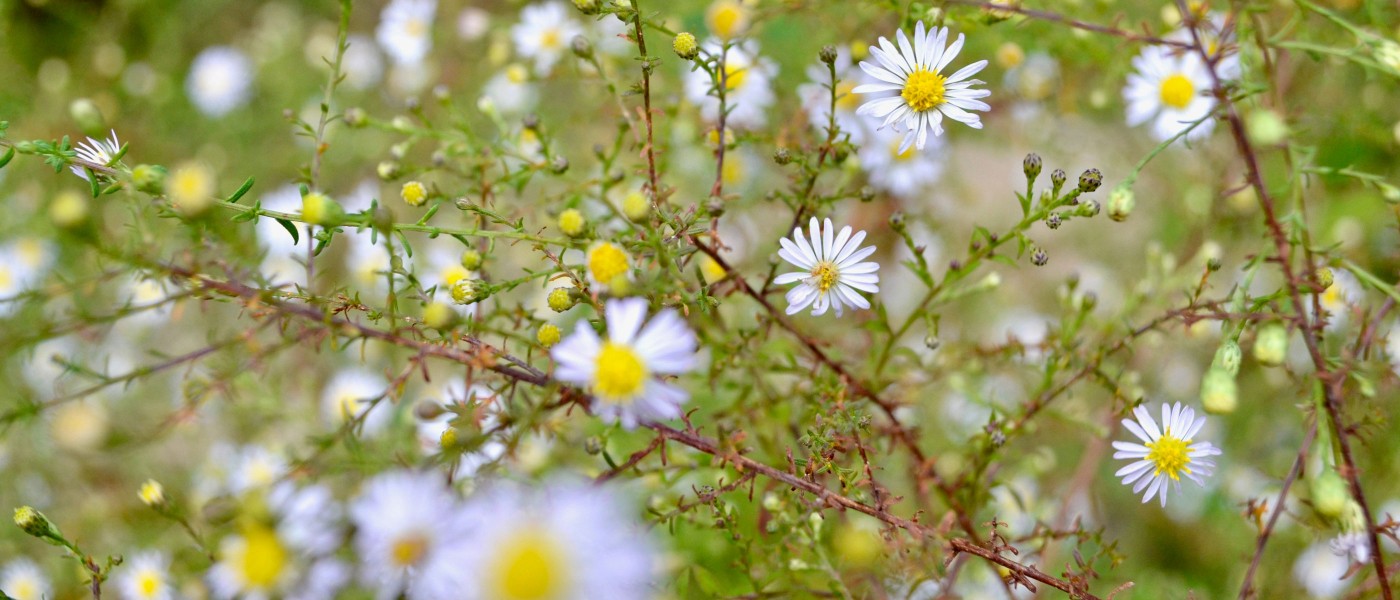Topics
Special Series
-
Lemon Grass: A Very Versatile Herb
Lemon grass is a tropical perennial, native to southern India, but cultivated outdoors in practically all tropical regions. In the United States, it is root-hardy to about USDA Zone 9 (California, central Florida) where it goes dormant during the mild winter.
By Robert Newgarden -
Twelve Ways to Design a Bird-friendly Garden
Twelve general guidelines on how to design a garden that appeals to both birds and people.
By Stephen W. Kress -
Indoor Worm Bin Composting
You can use red worms to recycle your food waste by setting up a worm bin recycling system in your school classroom or at home in your kitchen, basement, garage or yard.
By Patricia Jasaitis -
The Four-Square: A Classic Kitchen Garden Design
Like a country kitchen, a four-square kitchen garden evokes thoughts of hearth, home, and abundance. It is a garden design based on a very simple layout that provides a rich, unpretentious display of color, form, and, quite literally, good taste.
By John D. Simpson -
Cutleaf Staghorn Sumac
This native shrub is known for its gorgeous foliage. It's easy to grow and produces distinctive flowers and pretty winter berries.
By Robert Newgarden -
Growing Conifers
One of the real bonuses of growing conifers is that they are so easy to maintain. These guidelines will help even novice gardeners grow conifers successfully.
By Susan F. Martin -
A Bog Garden
Few gardeners are lucky enough to possess a moist spot, much less a true bog. I garden in Minneapolis on a dry terrace adjacent to the Mississippi River, in silty loam above limestone bedrock. For an ardent plant collector such as myself, lack of moist soil is a cruel fate. I love turtleheads, sedges, skunk cabbage and iris, plants of low woods and wet meadows which demand continuous moisture to thrive. In my dry, silty soil, it seemed impossible to even think of growing them. Impossible, that is, until I thought of creating an artificial bog garden.
By C. Colston Burrell -
Tomato Terms—or, What is an F1 Hybrid, Anyway?
Seed packets often carry more abbreviations than contents, making many of us wish that seeds still came in cloth bags labeled simply BEANS or PUMPKIN.
By Karen Davis Cutler -
How to Grow Hardy Bulbs Indoors
With a little planning in the fall, you can enjoy a whole spring garden of colorful tulips, fragrant hyacinths and of course crocus—all indoors in February.
By Mark Fisher -
False Indigo—A Spectacular Native Hybrid
With the growing interest in and study of native plants, some forgotten ones are being reexamined for garden worthiness and occasionally a new selection of a native species is introduced. Such is the case with Baptisia 'Purple Smoke' or 'Purple Smoke' false indigo.
By Kim Hawkes




